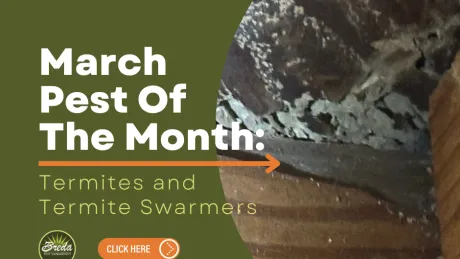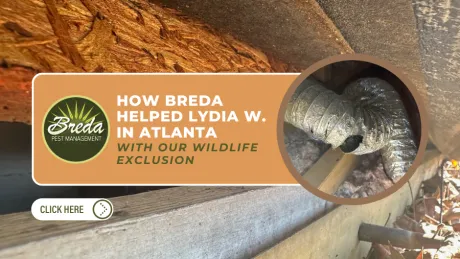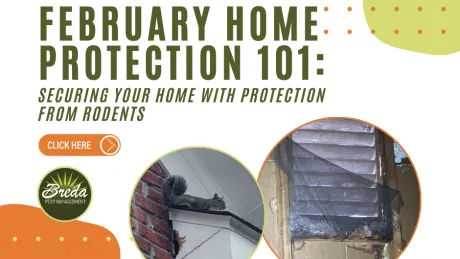When you're dealing with pests, it's important to know how to speak a pest control professional's language. Here are a few common terms that will help you as you're trying to get your pest problem under control.
Top 10 Pest Control Terms for Homeowners
1. Registered Pesticide
This type of pesticide is the only kind that can be used in America. A registered pesticide has met particular standards and has been reviewed for specific safety concerns.
2. Insect Growth Regulators
This type of pesticide can alter the reproduction, growth or maturity of insects that are treated with it. As an example, an insect problem that is treated with this could wipe out all future generations by altering reproduction in the current generation.
3. Repellents
This type of treatment will repel pests. This is often done by using strong scents or causing physical harm to the pest. Repellants deter pests from going into a particular area. Repellents often include safer ingredients than poison-based pesticides.
4. Pheromones
Insects produce these secretions to attract other insects, especially during reproduction. This type of compound is sometimes used to attract pests to bait. In some cases, a large amount of pheremones is placed in a pest infested area. This overwhelming amount confuses the pests and makes it much more difficult to find a mate, thus stopping future generations of critters from being born and wreaking havoc on your house.
5. Attractants
Attractants are the opposite of repellents. Attractants will draw a pest to a particular spot, either to get them away from a particular location, to get them into a trap or to make bait more appealing.
6. General Use Pesticide
This type of pesticide is available to the general public— with the caveat that the purchaser is required to follow the directions on the label and that any other use may be illegal.
7. Restricted-Use Pesticide
Because some pesticides can cause serious health effects if not used properly, this class of pesticides is restricted to purchase and use only by certified pesticide applicators who know how to handle the substance.
8. Integrated Pest Management (IPM)
This approach uses a variety of methods to monitor and control pests. IPM includes monitoring insect traps, using pheromone traps to take advantage of insect attractants among other things.
9. Pests
Pests are insects or animals that are out of place and are causing a problem in your home or yard. This can be anything from rodents and squirrels to termites, cockroaches, and black widows.
10. Contact Poison
This type of pesticide kills virtually instantly, taking care of small numbers of pests or pests that are not present in a hidden colony.
If you know what your pest control expert is talking about, you can better manage your home's pest problems. If you need professional help with your pest issues, please feel free to contact our professionals with any questions or to schedule an appointment. At Breda Pest Management, we've built a strong business one customer at a time through exceptional customer service.
If you find yourself needing pest control services, don't hesitate to contact us today!



